A far-left political coalition that unexpectedly assembled ahead of France’s snap elections is projected to win the plurality of parliamentary seats up for grabs and the country's prime minister has announced his intention to resign – leading the country into unforeseen territory and possible turmoil.
As the election results came in, French Prime Minister Gabriel Attal announced he will be turning in his resignation on Monday.
President Emmanuel Macron’s centrist alliance was projected to take the second most seats, while the far right was projected to come in third.
Macron called the snap election just four weeks ago, after the right-wing National Rally (RN) scored enormous success in the European Parliamentary elections in June. Polling before the first round of voting indicated RN would continue to dominate. However, more recent polling ahead of the runoff indicates those returns have diminished and RN will fall short of a clear majority.
FRENCH ELECTION PREVIEW: POLLS SHOW RIGHT-WING PARTY LEADS RUNOFF AS OPPONENTS URGE TACTICAL VOTING
The first round occurred on June 30 and resulted in just 76 of the 577 constituencies in the French National Assembly determining their representative. Candidates who did not receive an outright majority in the first round of voting went on to a second-round runoff, which happened on Sunday.
Going into the election, France was set to elect the RN as the largest party in government, though it was possible no party might emerge with a clear majority in the tightly contested election.
When the results started to come in, projections changed toward the left, signifying a lack of majority for any single alliance, which threatened to plunge France into economic and political turmoil.
FRANCE'S RIGHT-WING NATIONAL RALLY LOOKS TO SEIZE ON RECENT ELECTORAL GAINS
The final results of the election are not expected until late Sunday or early Monday.
Macron made a huge gamble when he called for the snap election, and the projections show the gamble may not have paid off for the unpopular president and his alliance, which lost control of parliament.
While the far-right RN greatly increased the number of seats it now holds in parliament, the results fell short of the party’s expectations.
FRANCE'S GOVERNMENT SPOKESPERSON IS ATTACKED ON CAMPAIGN TRAIL, DAYS BEFORE DECISIVE ELECTION
Far-left leader Jean-Luc Mélenchon urged Macron to invite the leftist New Popular Front coalition to form a government, given projections that put it in the lead.
Macron’s office said the president would "wait for the new National Assembly to organize itself" before making any decisions.
RIVALS MOVE TO BLOCK FRANCE'S RIGHT-WING NATIONAL PARTY'S ELECTION MOMENTUM
A hung parliament with no single bloc coming close to getting the 289 seats needed for an absolute majority in the National Assembly, the more powerful of France’s two legislative chambers, would be unknown territory for modern France.
France doesn’t have a tradition of lawmakers from rival political camps coming together to form a working majority.
The projections, if confirmed by official counts, will spell intense uncertainty for a pillar of the European Union and its second-largest economy, with no clarity about who might partner with Macron as prime minister in governing France.
Fox News Digital's Peter Aitken and The Associated Press contributed to this report.

 German (DE)
German (DE)  English (US)
English (US)  Spanish (ES)
Spanish (ES)  French (FR)
French (FR)  Italian (IT)
Italian (IT)  Macedonian (MK)
Macedonian (MK)  11 months ago
47
11 months ago
47
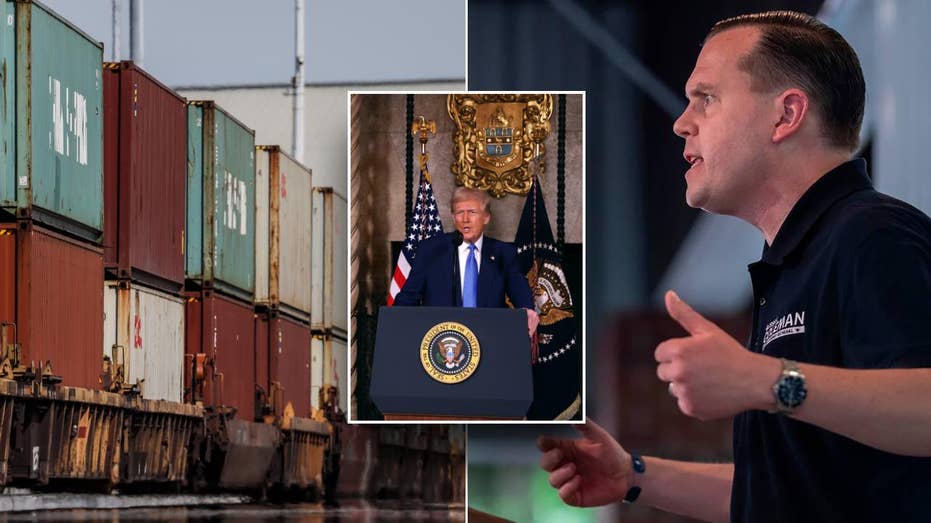

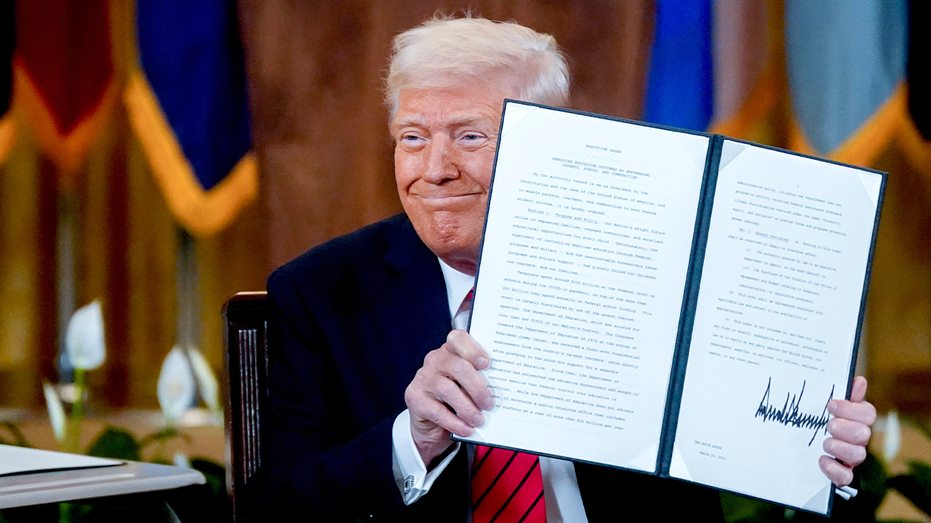
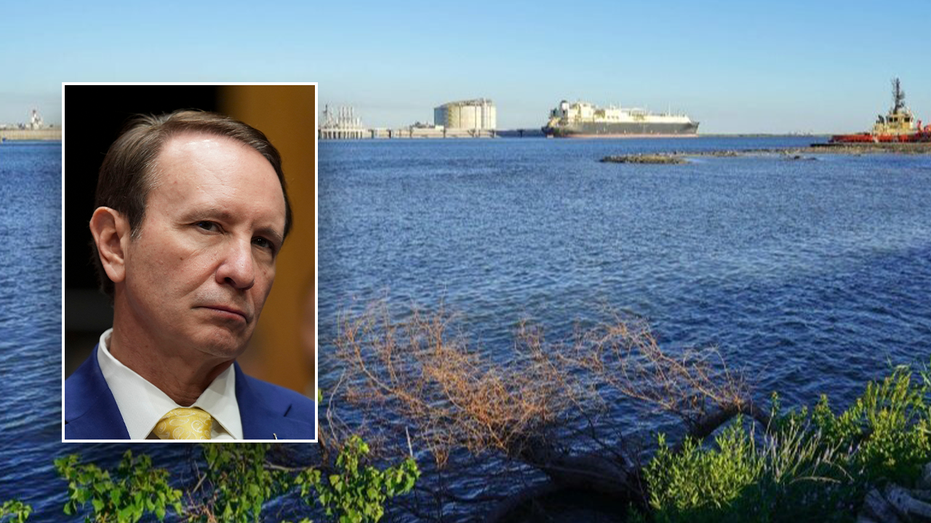
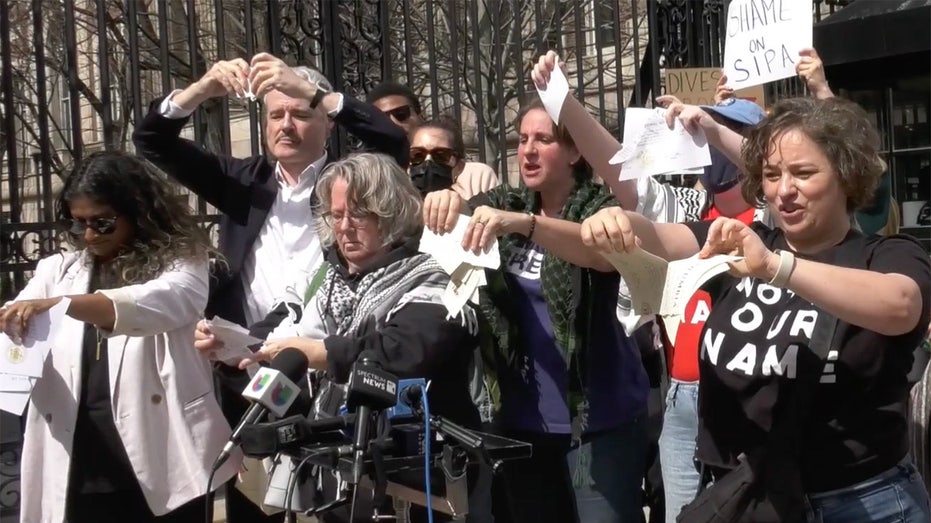

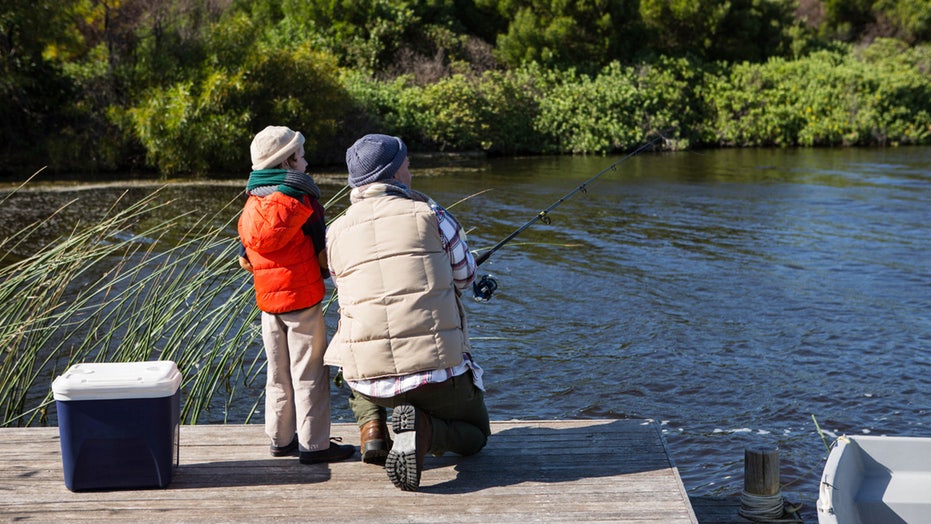
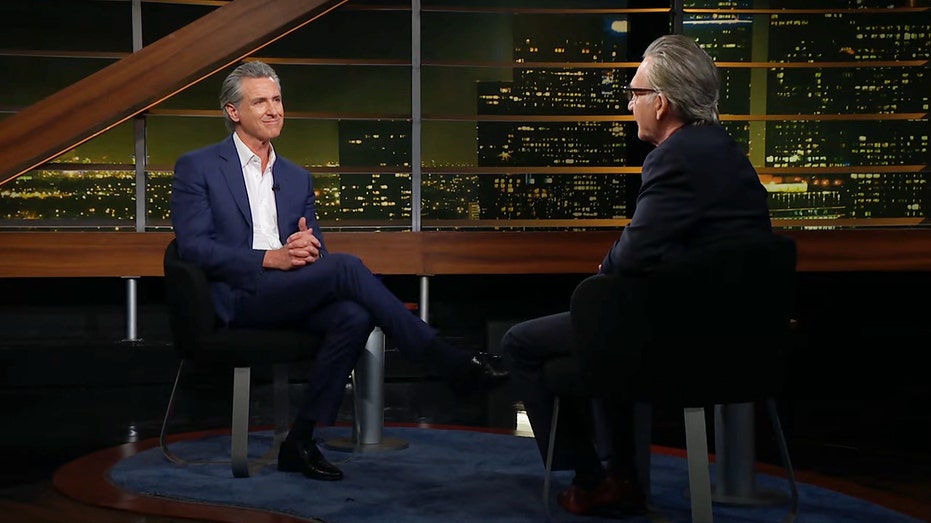
Comments